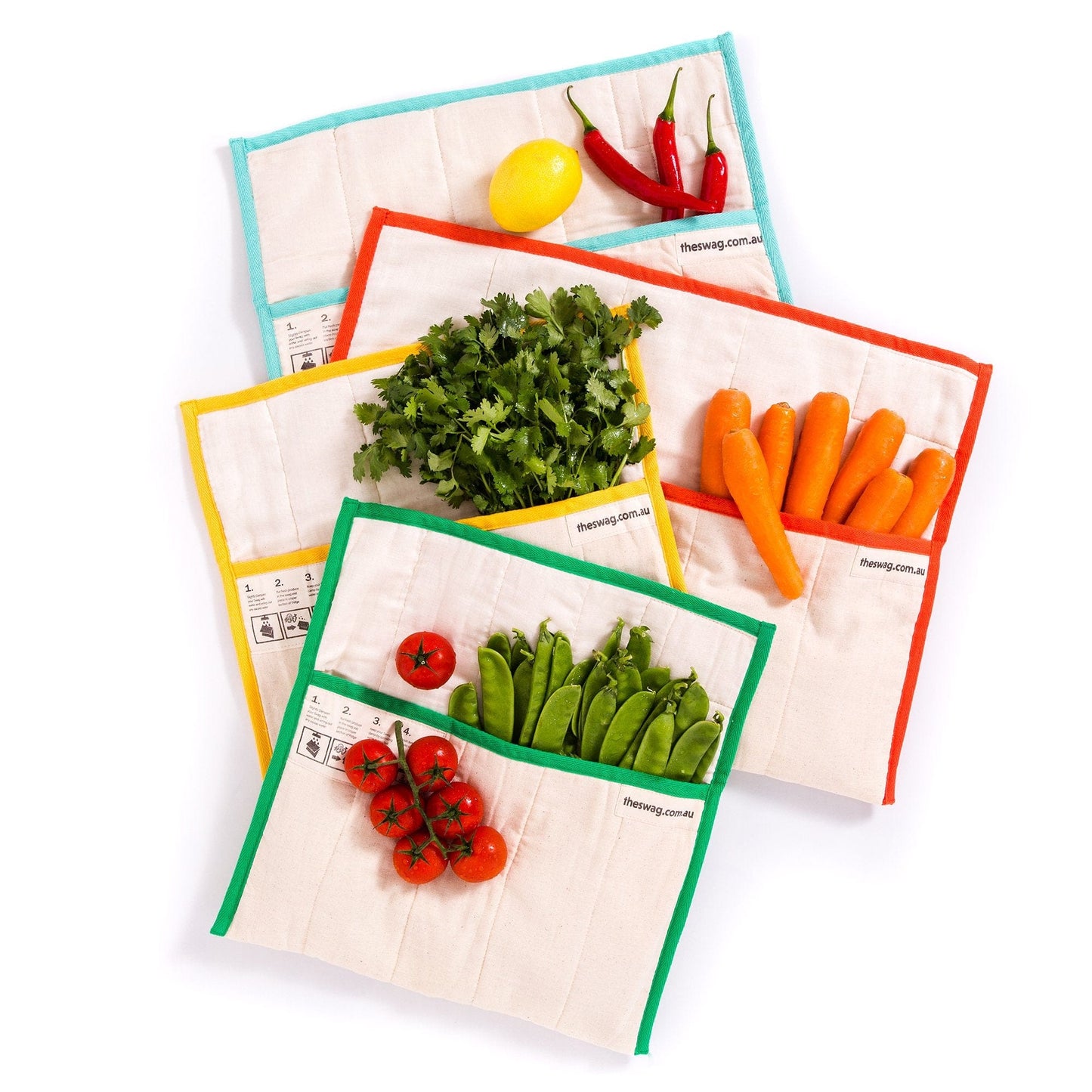Have you ever researched what impact you as a consumer has on the world and our food supply chains?
Today marks International Day of Awareness for Food Waste and Loss, and here at The Swag, we are more focussed than ever on further educating ourselves and anyone else that cares to know more about what our impact looks like in real terms.
Few issues have generated as much attention as food waste. Why is that? For one thing, far more people are aware of the term ‘food insecurity’ now than a decade ago (in part thanks to the internet and #Netflix), not to mention the very real effects that COVID-19 has had (and continues to have) on global food supply chains.
The crises borne from COVID-19 continue to highlight the fragility of our food systems, as we’re continuing to see:
- Massive losses in perishable agricultural produce due to hampered food transportation to markets or market access by consumers
- Job losses, which have led to people losing income to buy food, thus resulting in increased demand for services of food banks
- A new set of challenges in distributing food, due to the physical distancing requirements
It goes on and on, and we have barely scratched the surface.
Honestly? It’s scary as hell if you read/research/learn *too* much about these issues… BUT there is a re-ignition of a global wake-up call on the need to re-envision our food systems – and that is what awareness leads to.
The benefits of coming together to solve this crisis are positively endless, but will include:
- Increased food availability to the most vulnerable
- Increased in productivity & economic growth
- A reduction in GHG (Greenhouse Gas) emissions
- Reduced pressure on land & water resources
Reducing food loss and waste is a shared - and a collaborative - responsibility. Governments, private sectors, development agencies, research and academic institutions must ALL seek to identify new and more effective solutions – be it products, technologies, social arrangements, or institutional/ organizational and policy processes.
Then there is the power of the consumer - this means me, you and everyone in between. How must we each do more of to help?
- Try to plan for and store general food and fresh produce properly at home
- Source recipes to help you use the whole vegetable, where possible
- Eat mindfully – studies* show that hurried/unconscious meals can lead to eating more than you actually need (or overeating)
- Donate unopened canned/packaged foods to charities for redistribution to those in need
If you're still reading, what’s another way that you reduce food waste or use food more efficiently in your household?



